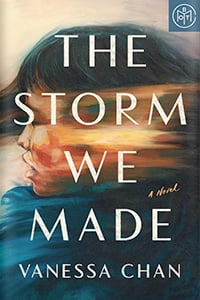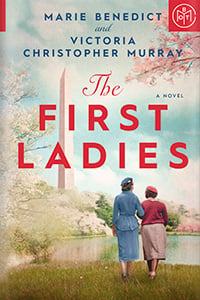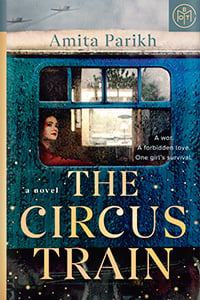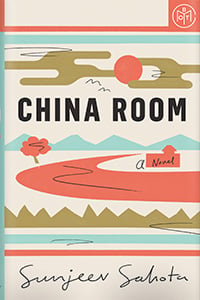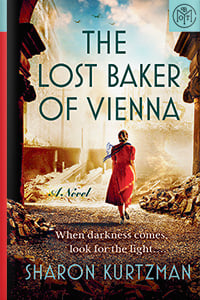

Historical fiction
The Great Divide
by Cristina Henríquez
View audiobook
Quick take
This novel weaves a complex tapestry out of the diverse human lives involved in the construction of the Panama Canal.
Good to know
Multiple viewpoints
Social issues
International
Underdog
Synopsis
A powerful novel about the construction of the Panama Canal, casting light on the unsung people who lived, loved, and labored there.
It is said that the canal will be the greatest feat of engineering in history. But first, it must be built. For Francisco, a local fisherman who resents the foreign powers clamoring for a slice of his country, nothing is more upsetting than the decision of his son, Omar, to work as a digger in the excavation zone. But for Omar, whose upbringing was quiet and lonely, this job offers a chance to finally find connection.
Ada Bunting is a bold sixteen-year-old from Barbados who arrives in Panama as a stowaway alongside thousands of other West Indians seeking work. Alone and with no resources, she is determined to find a job that will earn enough money for her ailing sister’s surgery. When she sees a young man—Omar—who has collapsed after a grueling shift, she is the only one who rushes to his aid.
John Oswald has dedicated his life to scientific research and has journeyed to Panama in single-minded pursuit of one goal: eliminating malaria. But now, his wife, Marian, has fallen ill herself, and when he witnesses Ada’s bravery and compassion, he hires her on the spot as a caregiver. This fateful decision sets in motion a sweeping tale of ambition, loyalty, and sacrifice.
Searing and empathetic, The Great Divide explores the intersecting lives of activists, fishmongers, laborers, journalists, neighbors, doctors, and soothsayers—those rarely acknowledged by history even as they carved out its course.
Content warning
This book contains a scene that depicts miscarriage.
Read a sample
Get an early look from the first pages of The Great Divide.
Why I love it
Jerrod MacFarlane
BOTM Editorial Team
My YouTube feed is full of video explainers of modern engineering marvels. I love exploring the intricacies of industrial systems but also the social and political forces that make them possible (and sometimes controversial). The Panama Canal is a remarkable construction that seems quasi-miraculous, but its construction was a unique and tumultuous all-too-human drama. In her sweeping and polyphonic new novel The Great Divide, Cristina Henríquez depicts several fictional lives that capture how this massive development came into being. She had me gripped from the first page.
The construction of the Panama Canal meant something different to everyone caught in its orbit. To some men from Panama and abroad it was a job. To many small towns along its unfolding route it was a threat. To other people it presented an offer of freedom and adventure. To still others it was a ticking potential public health bomb, spreading disease and other invasive species. This novel burrows intimately into each of these points of view, offering a kaleidoscopic portrait of this world-remaking event as it unfolds in real time.
It is stunning how effectively Henríquez is able to inhabit different voices and cultural milieus. With just a line, she can reveal the cavernous depths of a character or abruptly overturn a reader’s assumptions about another’s motives. For any readers who look to historical fiction for an immersive and transportive experience, look no further!













